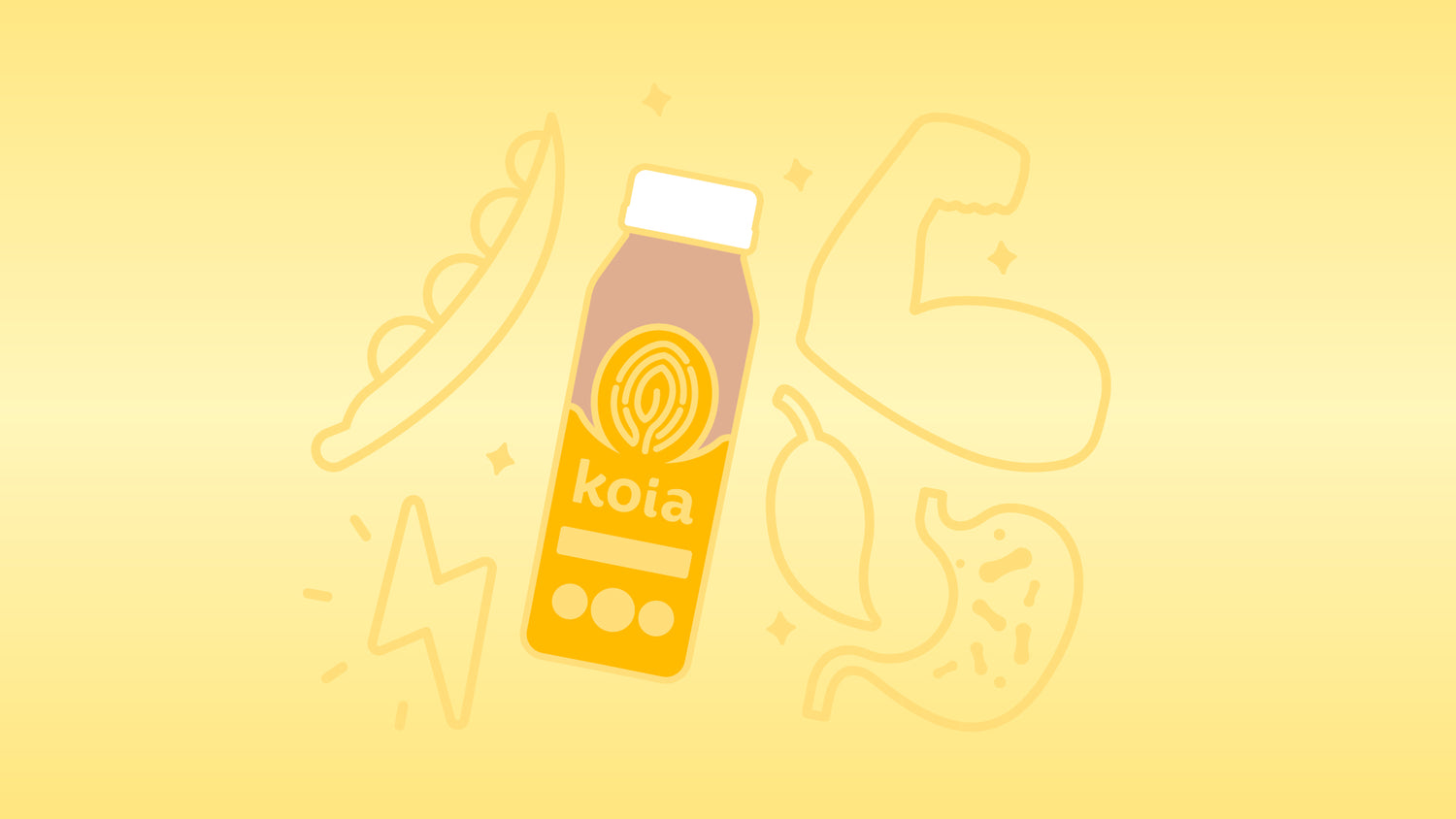There’s no debate that getting adequate protein is essential for our health. Our hormones, gut health, immune system, and the structures of our muscle, skin, and hair all depend on the amino acids we consume through our diet. Amino acids, which are the building blocks of protein, come from both plant and animal proteins.
While we can all agree protein is important, there's been lots of debate on the topic of plant vs. animal proteins and which are more optimal for human consumption. While animal proteins coming from meat or whey protein typically have a more complete amino acid profile, we can get the same amino acids by combining different sources of plant proteins.
Plant proteins also have many other added benefits. Plants come packed with anti-inflammatory compounds, antioxidants, phytonutrients, vitamins, minerals and more. The wider range of plants you consume, the wider range of nutrients you consume.
One of the most impactful benefits of choosing plant protein is the prebiotic fiber that typically comes along with it. Prebiotic fiber is a powerhouse for our gut health. These fibers are essentially food for our gut bacteria. The more we consume, the more diverse our gut flora becomes.
When our gut microbiome is diverse, our immune system is stronger, our hormones are more balanced, and we are able to absorb more nutrients from our food. Regardless of the amount of protein we are consuming, if we are not able to digest and absorb it, our bodies will not be reaping the benefits.

Many people that consume whey protein report experiencing bloating and digestive discomfort. This is a sign your body may not be able to utilize the protein you are consuming properly. This could be due to lactose intolerance or sensitivity, which can be easily avoided by switching to a plant protein source. If you’re struggling with your gut health, plant proteins such as brown rice, chickpea, and pea may be a much better option.
Koia protein shakes have 18 grams of plant protein and 7g of prebiotic fiber. The unique protein blend contains brown rice, chickpea and pea which means Koia protein shakes are considered a complete protein because they contain all 9 essential amino acids. The plant protein and prebiotic fiber in Koia protein shakes could be easier to digest and better for your overall gut health. In conclusion, when reaching for a protein drink, choosing a plant protein provides health advantages that go far beyond just meeting your protein requirements.
Written by Grace Terrell, Holistic Nutritionist @graceful.wellness


